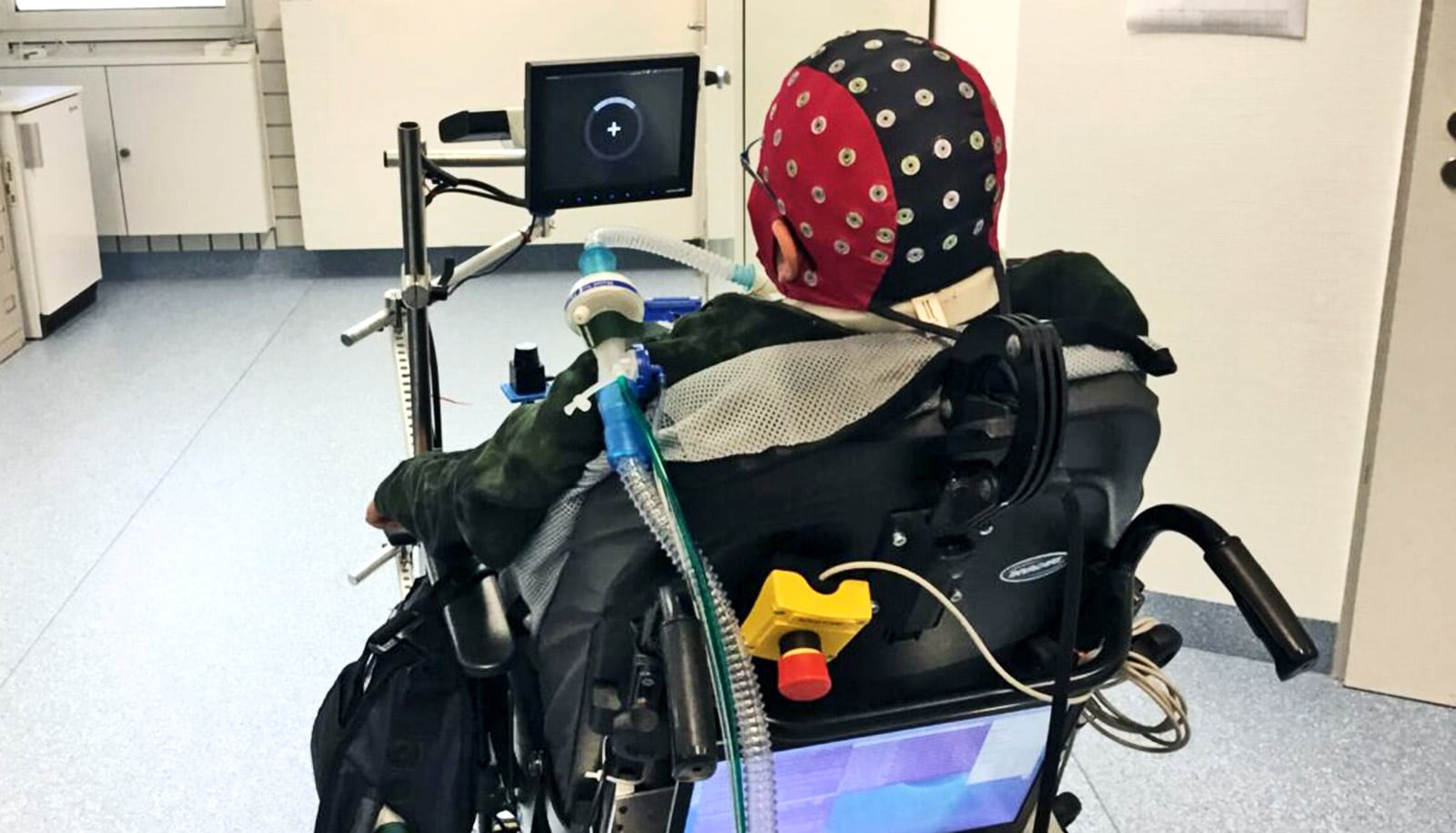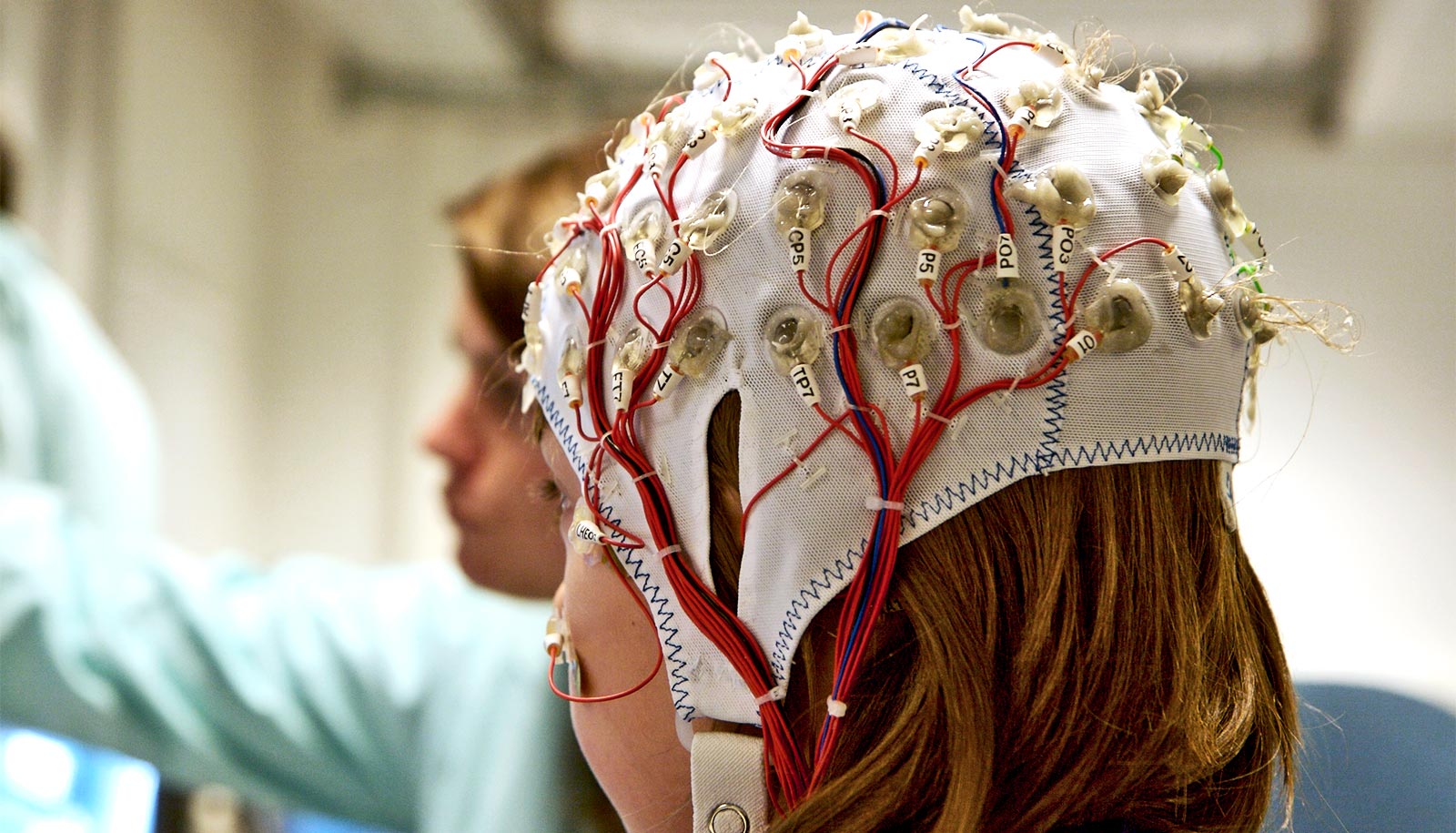'Blue marble': how half a century of climate change has altered the face of the Earth
A new image has been taken of the whole Earth 50 years after the first - revealing noticeable changes to its surface.
Oliver Gruner, Senior Lecturer in Visual Culture, University of Portsmouth
• conversation
Jan. 31, 2023 • ~7 min
Jan. 31, 2023 • ~7 min
Your mighty tendons help you sprint, jump and move – a genetic mutation in one key protein may increase athletic performance
The discovery of the role that the protein Piezo1 plays in touch and body awareness won the 2021 Nobel Prize in physiology or medicine. Piezo1 may also be a significant player in motor function.
Ryo Nakamichi, Postdoctoral Researcher in Molecular Medicine, The Scripps Research Institute •
conversation
Sept. 28, 2022 • ~6 min
Sept. 28, 2022 • ~6 min
Rapid eye movements in sleeping mice match where they are looking in their dreams, new research finds
Why your eyes move during the REM stage of sleep has puzzled scientists for years. Researchers measured mice brains to look for a possible explanation.
Massimo Scanziani, Professor of Physiology, University of California, San Francisco
• conversation
Aug. 25, 2022 • ~6 min
Aug. 25, 2022 • ~6 min
/
10








